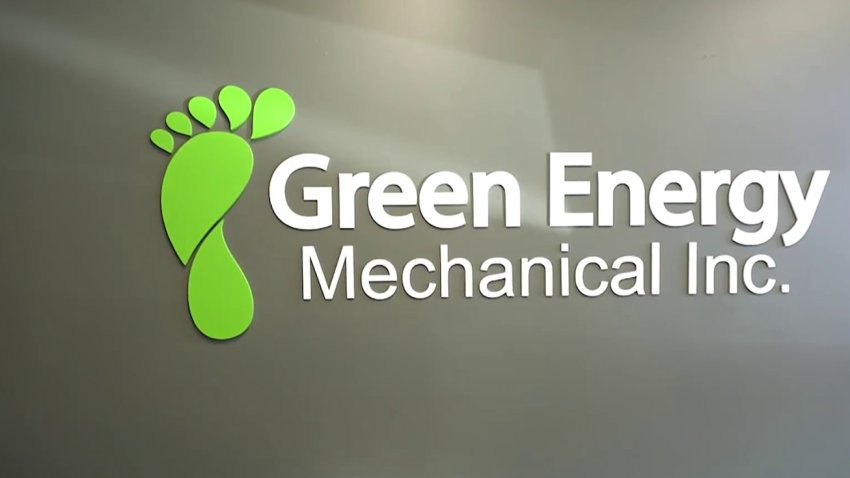A “net zero” home is one that actually produces more energy than it uses — and you’ll find one of them in the community of Acton, Massachusetts.
As Earth Month comes to a close, we're taking a closer look at the future of houses.
A "net zero" home is one that actually produces more energy than it uses — and you'll find one of them in the community of Acton, Massachusetts.
Stream NBC10 Boston news for free, 24/7, wherever you are.
“I realized every time I looked at my energy bills like, 'Oh man, I'm basically burning money,'" the home's owner, Phillippe Lam said.
From the concrete walls and floors, to the windows and lights, to the modern, minimalist approach, the home came from the mind of its owner.
Get updates on what's happening in Boston to your inbox with our News Headlines newsletter.
“I'm an engineer, of course this has been greatly influenced by my profession," Lam said. “All the magic is kind of hidden in how the house is built.”

Lam had the help from Dave Wittig and his team to help him build a passive certified house.
Local
In-depth news coverage of the Greater Boston and New England area.
“A building standard that pushes high performance housing, high efficiency, healthy, resilient houses," Wittig said.
Architect Stephanie Horowitz said that it took a year to come up with the design and a year and a half to build.
“It is super airtight, super insulated," Horowitz said. "And what that allows us to do is to really reduce the heating and cooling demand."
Obviously, there's a lot that goes into an all electric home, like a massive amount of insulation. But more important are the solar panels, which are connected to the grid at Eversource and powers the entire house.
It's all tied to a Tesla control panel and the Tesla battery for backup.
Wittig estimated there are only hundreds of homes that are certified to this standard. Convincing people to build them has its challenges.
“Purely just fear of the unknown," he said.
Another concern is the cost.
“This process shouldn't cost much more than, you know, five or 10% of what a conventional house would cost,” Wittig said.



